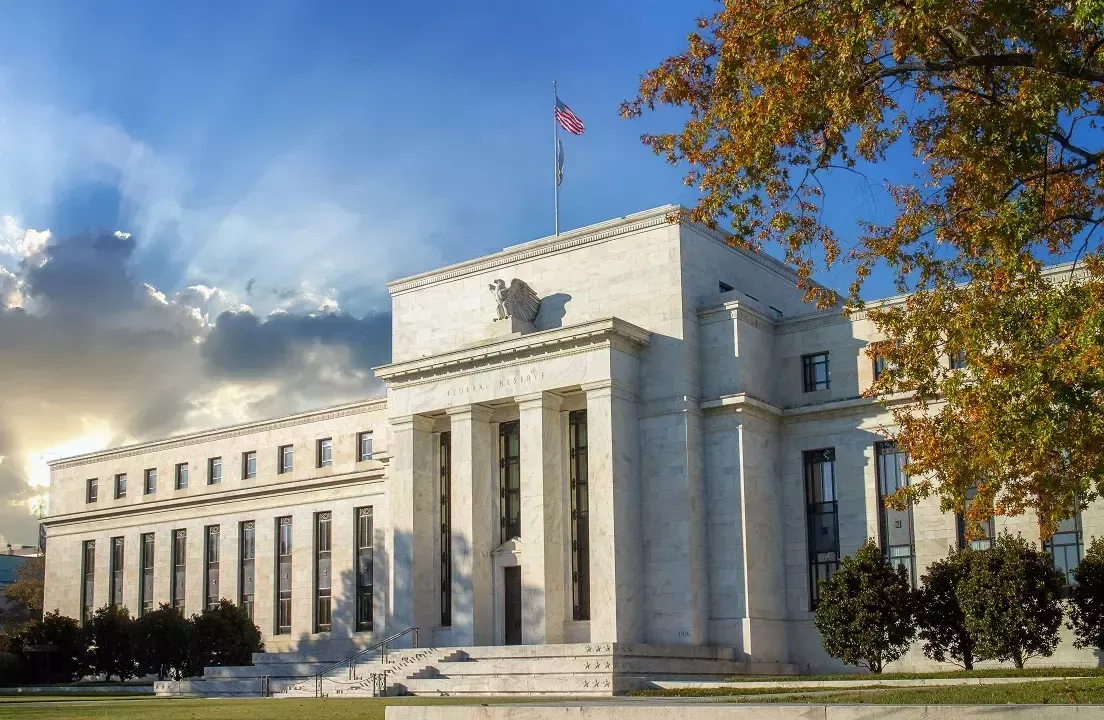It is clear that there is going to be a battle over the capital of banks - the means regulators use to ensure lenders have enough of a funding buffer to maintain operations during bad economic times. Getting it right can have huge ramifications for the economy since it can be more complex than blockchain. A great deal of care needs to be taken by officials in order to avoid the next financial crisis - which could be triggered by a proverbial unknown - while taking care not to restrict banks so much that they hinder the growth of the economy.
“Capital costs or benefits are the first factors a bank considers when making a decision,” Federal Financial Analytics managing partner Karen Petrou wrote in a recent article.
Due to this, the largest banks in the United States are mobilizing their lobbyists and trade groups in order to try to prevent what could be a significant increase in capital requirements in the future.
Several Wall Street giants are on alert due to the fact that Fed Vice Chair for Supervision Michael Barr, named by President Joe Biden to serve as the central bank's go-to man on regulations, has been appointed.
It is worth noting that before Barr was confirmed by the Senate, the Federal Reserve and other banking agencies were already in the process of completing unfinished Basel Committee capital rules from after 2008. When Barr announced a "holistic" review of all capital regulations that have been imposed on banks since the global financial crisis, it raised the stakes even further.
It is true that capital levels are "strong." But Barr triggered the banks when he implied that U.S. requirements may nonetheless be too low in spite of it.
A number of industry representatives have raised concerns regarding Barr's reasoning for potentially increasing bank capital, arguing that the process has been opaque and that Barr's rationale is flawed. There is some speculation in the private sphere that his push is motivated by political reasons.
In recent weeks, a number of financial services industry groups, such as the Financial Services Forum, the Bank Policy Institute, and the Securities Industry and Financial Markets Association, have begun circulating blogs that argue that higher capital requirements will adversely affect the economy and force banks to retrench their positions in the capital markets, thereby ceding even more ground to less regulated financial institutions known as shadow banks..”
“There’s no evidence that we need to impose additional capital requirements on the system as a whole, or that we need to impose them specifically on the largest banks,” Kevin Fromer, the CEO of the Financial Services Forum, which represents the chief executives of eight major banks in the U.S., told Market Watch.
While they are slamming the big banks for their 'woke' social agendas, House Republicans are joining the fight as well. MM reports that Rep. Andy Barr, the chairman of the subcommittee overseeing the Federal Reserve's capital review, has stated in an interview with MM that he will conduct "vigorous oversight" of the review.
“In light of the still high inflation rate we're experiencing, I am particularly concerned about preventing regulators from imposing excessive requirements that will deter capital from flowing into the economy,” Barr said.
BPI reports that it has already done "a lot of meetings" at the Capitol Hill level. Next month, the group will host a capital symposium in Washington featuring JPMorgan Chase CFO Jeremy Barnum and former Federal Reserve Vice Chair Donald Kohn.
It's hard for bank representatives to speculate where regulators may land, so they're preparing for the worst in case it happens. In the event that regulators were inclined to raise capital levels, there would no doubt be some political cover from top Democrats, such as Senate Banking Committee Chair Sherrod Brown, as well as smaller banks. Additionally, European regulators have also rejected claims from the banking industry that the easing of capital requirements would lead to an increase in lending.
“Most companies are spending billions of dollars on stock buybacks and dividends instead of building up capital to withstand losses or investing in the real economy and workers, according to Brown.
“The taxpayers shouldn't be left to foot the bill for Wall Street CEOs who put profits over working families.”

Subscribe to our newsletter!
As a leading independent research provider, TradeAlgo keeps you connected from anywhere.








